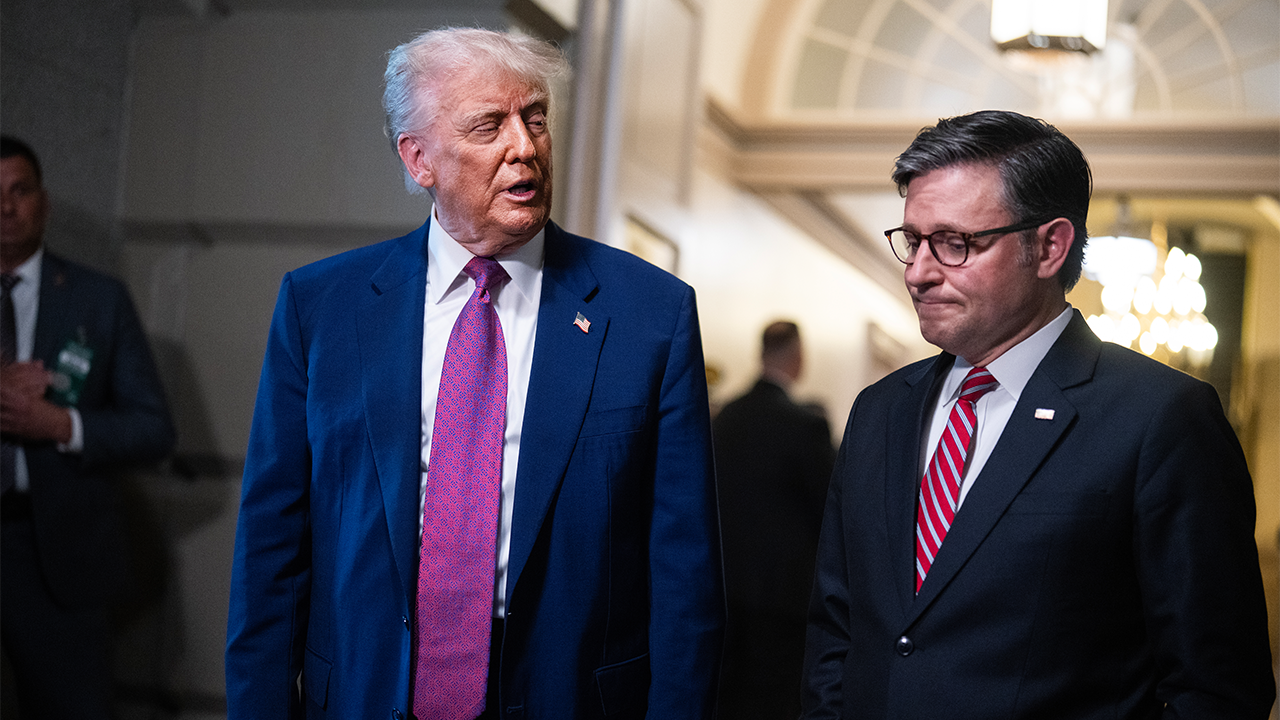Trump’s Big Beautiful Bill faces final hurdles as House Republicans rally votes

House Republicans are feeling optimistic as they believe they are close to passing President Trump’s much-anticipated “Big, Beautiful Bill.” After a meeting at the White House with the president and members of the Freedom Caucus, House Majority Leader Steve Scalise suggested that a vote could take place overnight. However, it quickly became apparent that this was not possible due to physical and parliamentary constraints.
In an effort to garner more support, House Speaker Mike Johnson introduced a “manager’s amendment” to make final changes to the bill in order to sway any remaining holdouts to vote in favor. The House is now expected to debate the bill in the early hours of Thursday with a potential vote later in the morning. However, Democratic tactics could further delay the passage of the bill, with possible protest votes to “adjourn” the House or a filibuster by House Minority Leader Hakeem Jeffries.
The House Freedom Caucus seems more satisfied with the proposed changes to the bill following their meeting with the president. The urgency to pass the bill stems from the desire to prevent any issues from arising as time goes on. House Republicans are keen to move quickly as attendance issues could arise later on. If the vote is close, House leaders may hold the vote open and pressure holdouts to vote yes.
Looking ahead, if the House passes the bill, it will move on to the Senate where it will face further scrutiny and potential revisions. Senate Majority Leader John Thune aims to have the bill completed by July 4, but differences between the House and Senate versions may require additional time to reconcile. Additionally, the bill includes an increase in the debt ceiling, which the Treasury has indicated must be addressed by early August.
Overall, the road to passing Trump’s “Big, Beautiful Bill” is complex and may require significant negotiation and compromise between the House and Senate. The outcome of this legislative process will have a significant impact on the future of the country’s economic policies.




